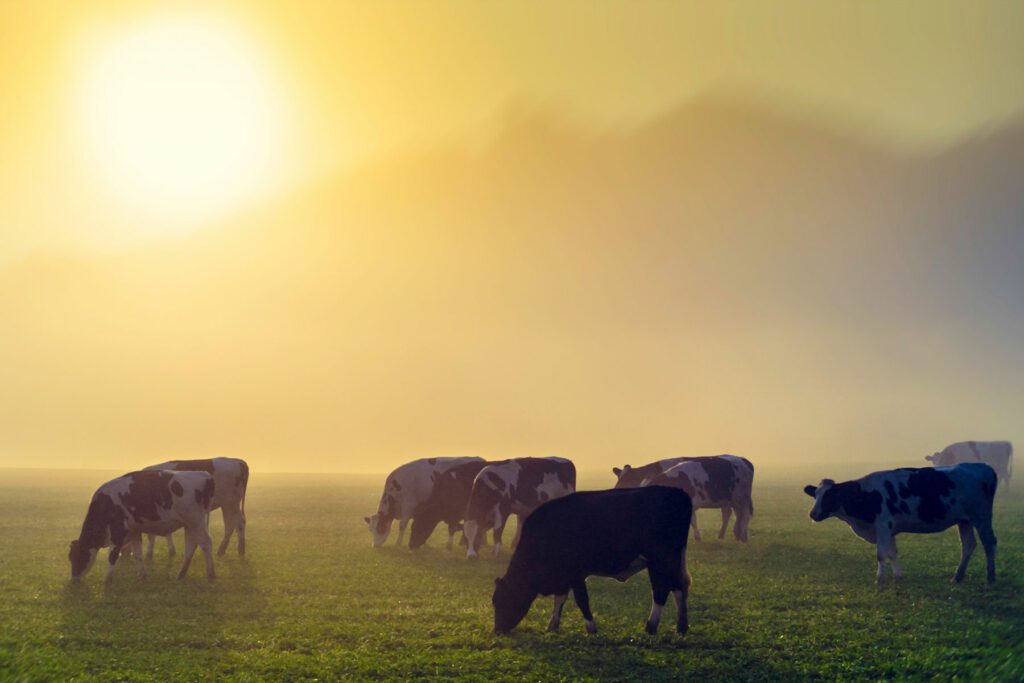Authors
The High Court recently overturned a retrospective consent for unauthorised alterations to agricultural buildings.
The judge held that the Council unlawfully concluded that the applicant had a “fall-back” position of being able to operate the site as a dairy farm without the unauthorised development.
Background
The applicant acquired agricultural land and set about creating a dairy farm under permitted development rules. However, the applicant altered existing barns by building a concrete yard area and concrete cladding to keep his cows within the confines of the barns. This constituted unauthorised engineering operations.
The applicant sought to regularise the planning position by applying for a retrospective consent. The Council granted consent for the development which was described as fundamental to the dairy operation. A neighbouring resident challenged the decision by judicial review on the following grounds:
Ground 1: that the Council unlawfully concluded that the applicant had a fall-back position of being able to operate the site as a dairy farm without the unauthorised development
Ground 2: that the Council failed to accord great or considerable weight to Natural England’s objection in relation to two Sites of Special Scientific Interest (SSSIs)
Ground 3: that the Council failed to obtain sufficient information in relation to the odour impacts.
What is the “fall-back position” in planning?
The fall-back position is where development could still take place if a planning application was refused because permitted development rights exist or there is an alternative planning permission. In this case, the applicant sought to establish a permitted development fall-back position of being able to operate the site as a dairy farm without the authorised development and to use it as a lever to gain planning permission due to it being treated as a material consideration.
Judgment
The judge held that the fall-back position was not a real prospect and quashed the consent.
The planning officer described the development as essential for the operation of the dairy farm and the applicant made no attempt to contradict this. The judgement noted the requirement that the planning officer considered not merely what was achievable or “doable” as permitted development, but also whether there was a real prospect that the applicant would have housed cattle in the barns without planning permission – something the available evidence suggested would not have been possible.
The Court also considered that the Council failed properly to consider the impact of development on the SSSIs and the successful challenge on Ground 1 essentially led to success on Grounds 2 and 3.
This decision demonstrates that a fall-back position will be given limited weight if it is unlikely to happen in reality. Click the link to view the full judgment: Ward v Torridge District Council [2023] EWHC 2629 (KB).



